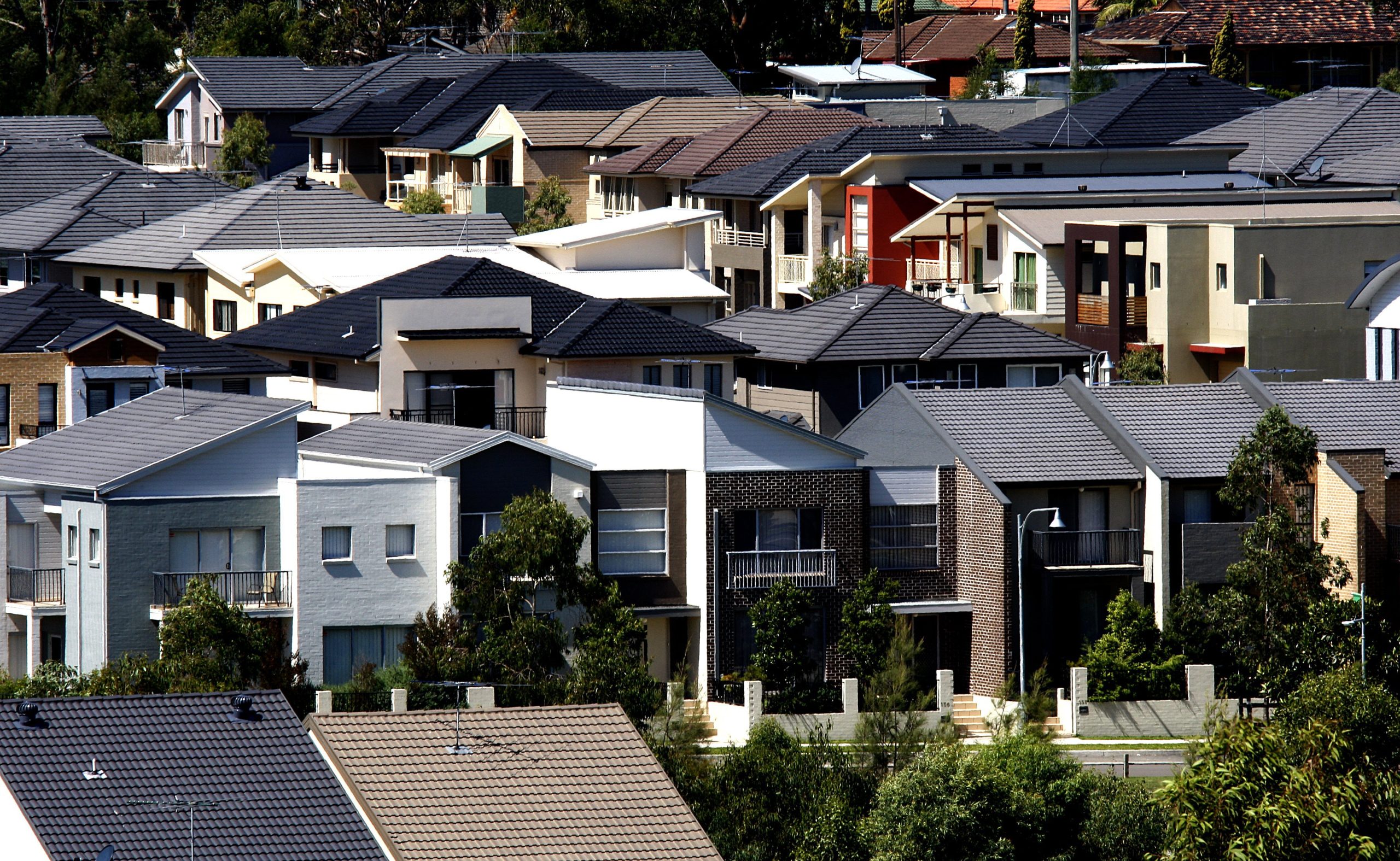Two tax breaks are “disproportionately” benefiting Australia’s richest while simultaneously fuelling the housing affordability crisis, a new report by the Australian Council of Social Service (ACOSS) has found.
The report criticises the capital gains tax deduction for property, where only 50 per cent of capital gains made from an asset are taxed when it is sold, and negative gearing, which allows investment expenses to be deducted from income.
According to ACOSS’s findings, the richest 10 per cent of households own two-thirds of all investment properties and are receiving 82 per cent of the $16 billion in tax relief the two breaks provide.
READ MORE: Scathing human rights report slams Australia’s COVID-19 response

The elite bracket also makes up 39 per cent of all tax deductions for rental properties, it found.
“These tax breaks disproportionately benefit the well-off in our society while millions struggle to pay the rent, let alone save a deposit to buy their first home,” ACOSS chief executive Dr Cassandra Goldie said.
The report also found that since the introduction of the capital gains discount in 1999, the average house price has increased by 142 per cent while wages have risen by 44 per cent.
These concessions were blamed for driving up the house prices by encouraging property investment in pursuit of the tax breaks while also contributing little to the housing supply as 81 per cent of investor loans were for the purchase of an existing property.
The report wrote that the tax benefits are making it harder for people to transition from renting to home ownership and are contributing to the “unprecedented levels of unaffordability”.
“Australia’s absurdly generous tax breaks are supercharging the housing crisis and rising inequality in our society,” Goldie said.
READ MORE: Australia ‘won’t be intimidated’ by Russian warning: Wong
“As long as our tax system encourages speculative investment in housing, the housing affordability crisis won’t be solved just by building more homes.”
According to independent modelling cited by the report, halving the capital gains tax discount to 25 per cent and curbing negative gearing could reduce house prices by four per cent.
This is similar to the impact of building an additional 1.2 million homes over five years — a target the federal government has promised under the National Housing Accord policy.
ACOSS wants the government to reduce the capital gains deduction from 50 to 25 per cent over five years, restrict negative gearing for new investments and also halve the capital gains deduction for super funds.
It said these measures could earn the government an estimated $19 billion over four years, which the organisation said could be reinvested into building 47,000 new social and affordable homes per year.
READ MORE: Consumer confidence hits three-year high after rate cut
The government’s housing policies include 1.2 million new homes built by mid-2029, a $9.3 billion agreement with states and territories to support social housing and homelessness services, a scheme to help 40,000 households purchase a new or existing home, and tax incentives to support investment in new build-to-rent developments.
One of those latter tax incentives includes increasing the capital works tax discount depreciation rate from 2.5 per cent to four per cent.
DOWNLOAD THE 9NEWS APP: Stay across all the latest in breaking news, sport, politics and the weather via our news app and get notifications sent straight to your smartphone. Available on the Apple App Store and Google Play.